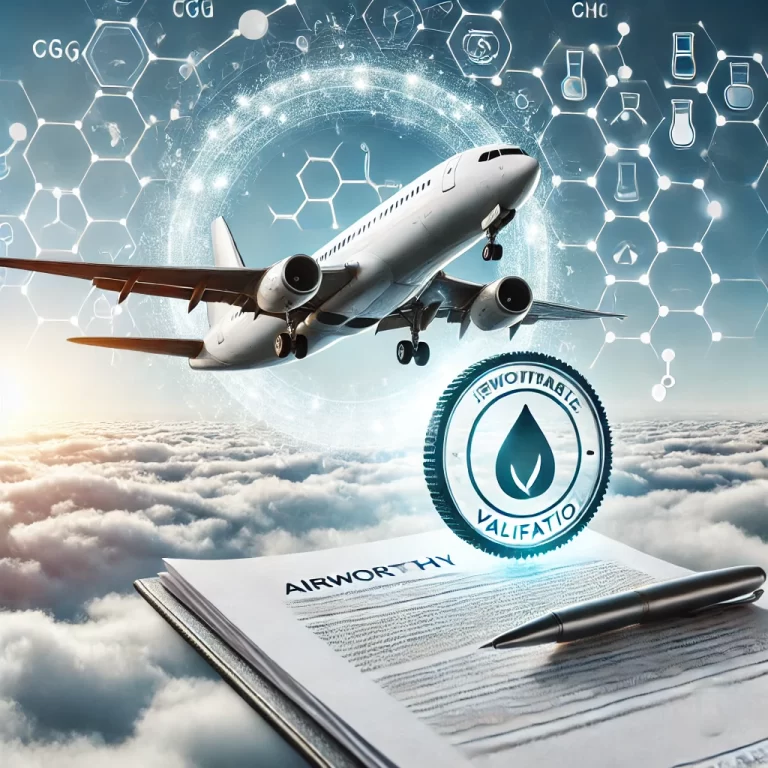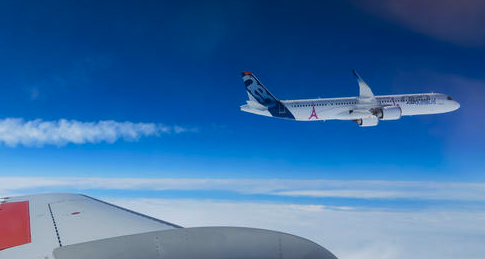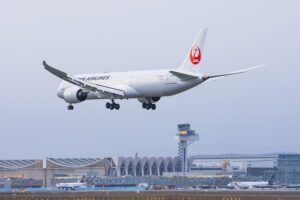
March 25, 2025
According to the UK’s Tourism Weekly, the Climate Change Committee, which advises the UK government, has stated that the UK aviation industry is unlikely…

March 21, 2025
Airbus announced on March 20 that the first batch of Sustainable Aviation Fuel (SAF) was recently delivered at Airbus Canada’s A220 facility, enabling the…

March 19, 2025
LanzaJet announced that Japan’s Ministry of Economy, Trade and Industry (METI) has selected Cosmo Oil to receive a FY2024 subsidy to support a project…

March 12, 2025
March 13 – Mercedes-Benz has placed the largest single order for SAF with a DB SCHENKER customer. The record-breaking agreement enables the global automotive…

March 11, 2025
SK Energy announced on March 10 that it will become the first Korean refiner to supply large quantities of sustainable aviation fuel (SAF) to…

March 11, 2025
Wastefront announced on February 28, 2025, that construction has officially begun on its £100 million (approximately $129 million) tire-to-fuel facility at the Port of…

March 6, 2025
The Government of the United States strongly opposes the recommendation on “sustainable” aviation fuel made during the 13th Triennial Meeting of the International Civil…

March 3, 2025
March 4 (Bloomberg) — The U.K. government released a consultation paper on March 3 detailing how it will support the green fuel industry and…

February 27, 2025
On Feb. 28, the ship “Shengliu 238” carrying 500 tons of SINOPEC’s bio-aviation coal departed from Zhenhai Refining & Chemical Company’s Sanshan Terminal and…

February 27, 2025
The Australian Renewable Energy Agency (ARENA) is supporting Cleaner Australian Skies with up to $10.4 million in funding for two projects from its Sustainable…



